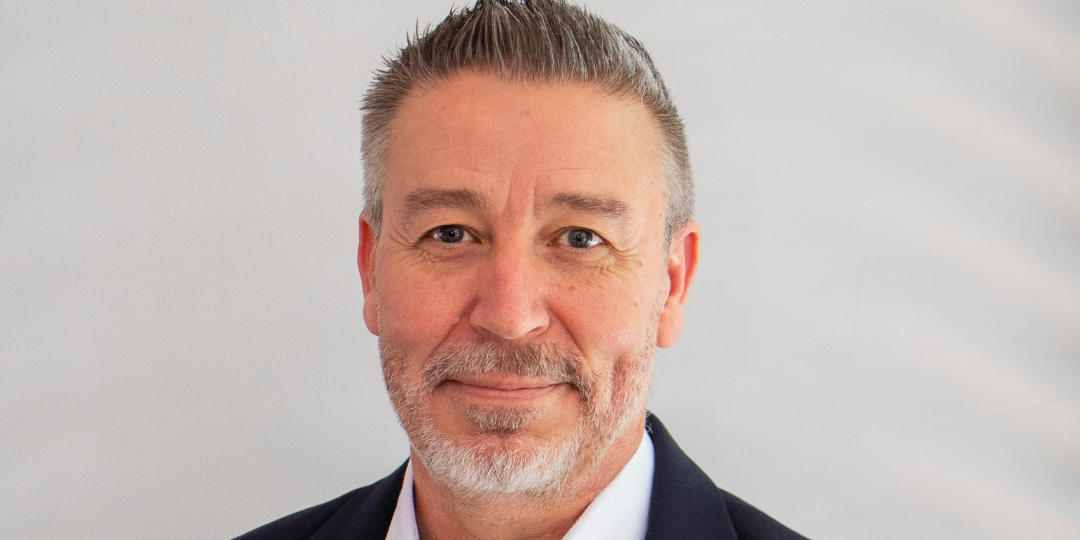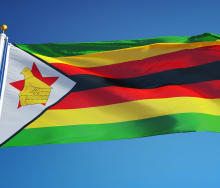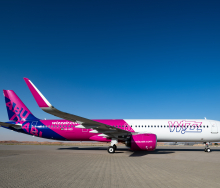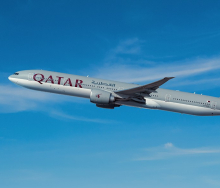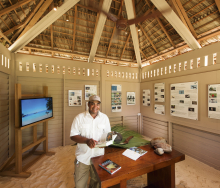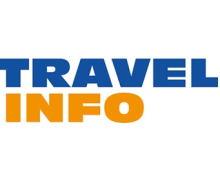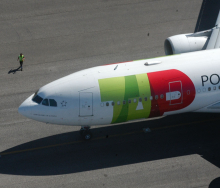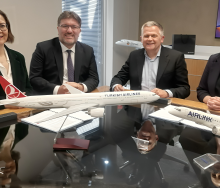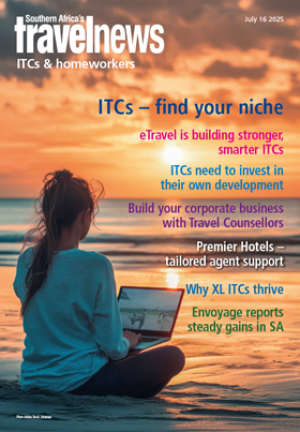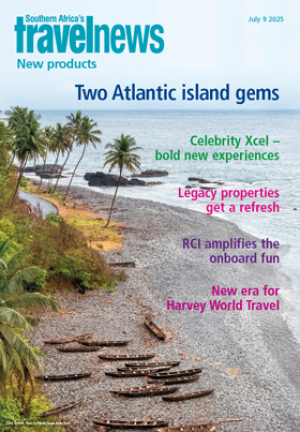A study by the World Travel Agents Associations Alliance (WTAAA) has revealed that a professional fee model is gaining momentum.
The report shows that rather than relying on supplier commissions, there has been a notable shift in the percentage of travel advisers charging clients upfront for their knowledge and expertise.
In South Africa, over 90% of corporate-focused TMCs use service-fee structures. Leisure consultants are increasingly adopting non-refundable deposits tied to itinerary planning, particularly for mid-to-high-income clients who prioritise risk reduction post-pandemic.
Other findings from the WTAAA Global Study:
- New Zealand leads globally with more than 95% of agencies charging structured fees after airline commissions were cut by up to 100%.
- Europe has a 66% adoption rate, with widespread use of non-refundable consultation deposits.
- In the US, 55% of traditional travel agencies charge professional fees through hybrid models combining consultation charges with residual commissions.
- In Canada, around 50% of advisers consistently apply service or consultation fees despite confidence gaps that were reported when presenting pricing models directly to clients.
- Fee adoption is limited across much of Asia-Pacific.
- In Latin America, cultural expectations favour embedded pricing models instead of explicit advisory charges. Luxury-focused firms show early signs of moving toward tiered consultancy packages.
“Today's travellers want complex itineraries, upfront pricing, and 24/7 support, and they want advisers who can dedicate their full expertise to creating the perfect trip. Professional fees enable advisers to be true consultants, not just instruction-takers,” said Otto de Vries, Executive Director for the WTAAA.
“We are witnessing a structural transformation where advisers around the world are no longer defined by what they book but by what they know. They're increasingly being compensated like true professionals, which ultimately delivers more value to travellers through personalised planning, transparency and trust,” said De Vries.
While initial client resistance emerged in some markets (70% reported pushback), agencies succeeding with fee implementation focused on clear value communication.
The research identifies emerging fee models mirroring other trusted professions: consultation deposits, project-based pricing for complex itineraries, subscription memberships for frequent travellers, and corporate retainers.
“This evolution positions travel advisers where they belong, as trusted professionals whose expertise commands fair compensation,” added De Vries. “The future belongs to those who confidently charge what they're worth, because great advice isn't free.”
